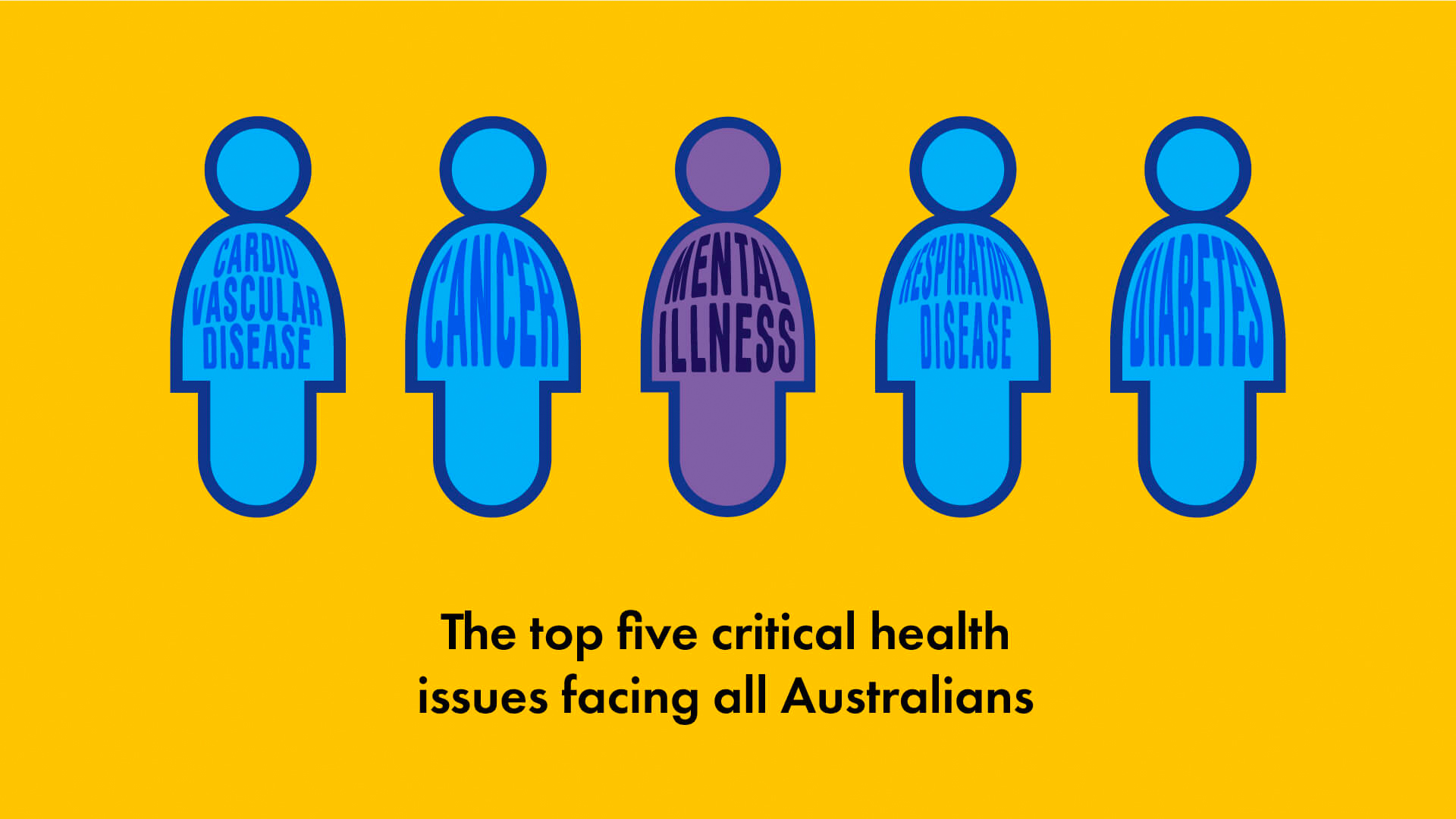Why mental health training should extend to your family

We’ve all heard the old adage that you shouldn’t “take your work home with you.” But ensuring what happens in the office stays in the office is not that easy. In fact, 57% of workers read work emails during family time.
The same is true for the inverse: our wellbeing at home inherently has an effect on our mental health in the workplace – perhaps more than we may realise – so strategies that address both ends of the work-life balance are key.
When your employees go home at night, it’s important they can manage their mental health and wellbeing on a personal level too. How do we notice imbalances or signs and symptoms of mental health issues in each space, and help realise premium outcomes for all Australians – from staff to family, and beyond?
Blurred lines
In the modern world, the line between home and work is increasingly ill-defined. Flexible work environments and an increased focus on people’s individual wants and needs have heralded a new era of integrated work-life balances. Gone are the days when our office hours occurred only within the four walls of our workplaces. Today, we work from home, the car, on public transport and operate across time zones and multitask like never before.
This has not only increased the impact of one environment on the other, but also increased the importance of keeping both spaces “mentally healthy.” If wellbeing is negatively impacted at work and at home, there is no place to recharge or recover.
Addressing signs of mental health at work and at home
Studies on family dynamics in recent years have also shown that “experiencing disrespect within the family can create psychological distress at work, resulting in lower work performance.”
And the risks of negative triggers at home are high: mental ill-health can affect anyone – from CEOs to children. In fact, 1 in 14 young Australians (6.9%) aged 4 – 17 experience an anxiety disorder. Furthermore, the number of deaths by suicide in young Australians is the highest it has been in 10 years. It’s likely that many of the people we interact with at home will experience mental health issues at some point.

Providing training to staff to address mental health issues and help in creating wellbeing in the home not only has the potential to make a tangible change in the lives of families, but also teach staff valuable lessons that employees can apply in the workplace. For example, learning about couple relationship building, relationship communication and teamwork in the home provides valuable insight into all relationships and coping mechanisms or tactics – including with staff and colleagues.
Improving two environments with one course
Research suggests that “companies can benefit from looking at ways to support employees and help them develop strategies to cope with stressful events within and beyond the organisation.”
Health and safety works best when everyone thinks about the consequences of the people around them – including family. In order to engage with employees on a personal level, we need to contextualise mental health strategies for “the home” with well-structured, relaxed and “hands on” training for employees and their families outside the work environment.
Our Mental Health Family Series here at Premium Health has been designed to address relationships and be proactive in understanding common issues. The series promotes new ways of identifying, assessing, communicating and managing some of the major issues in our lives.
Empowering employees with sustainable mental health strategies and excellent mental wellbeing at work has a butterfly effect on our entire communities. If you’re looking to support your staff to realise better wellbeing in the office and beyond, register for Premium Health’s Mental Health Family Series programs.
Book a mental health course for your workplace today, or find out more about why you should be investing in mental health training for your business.
